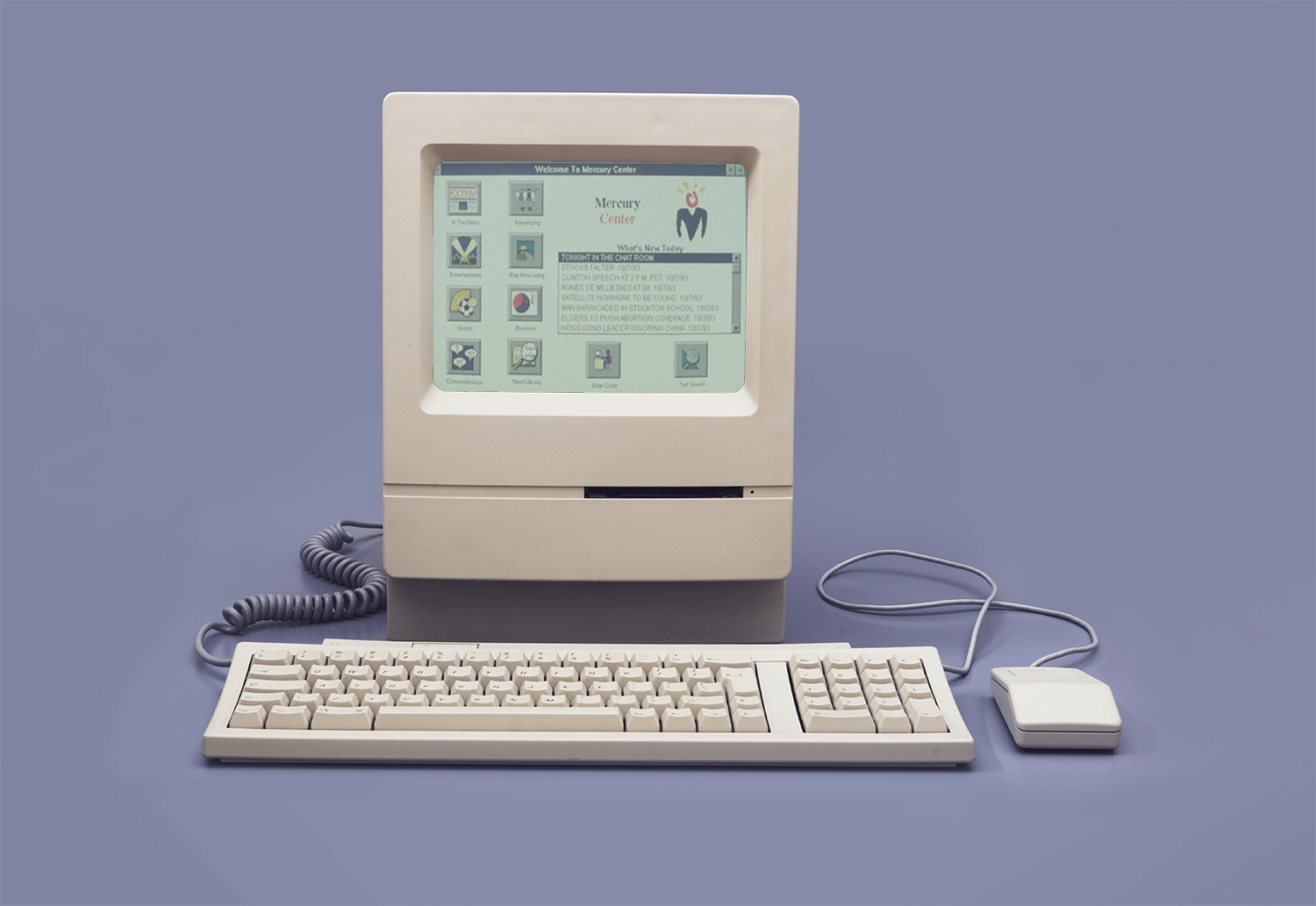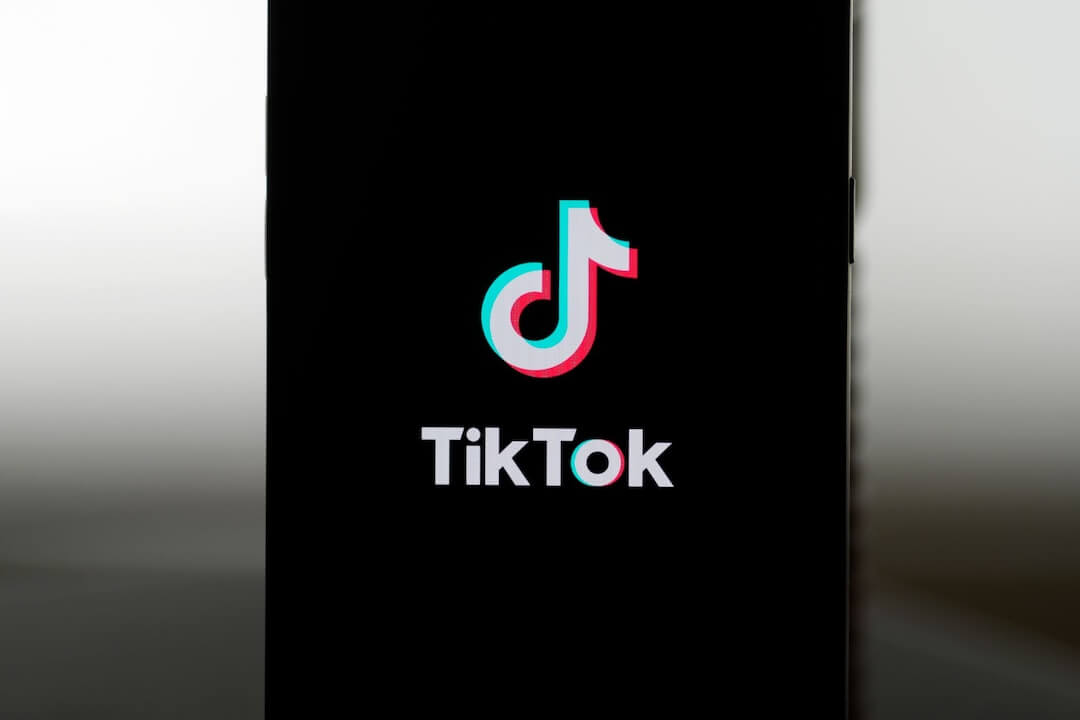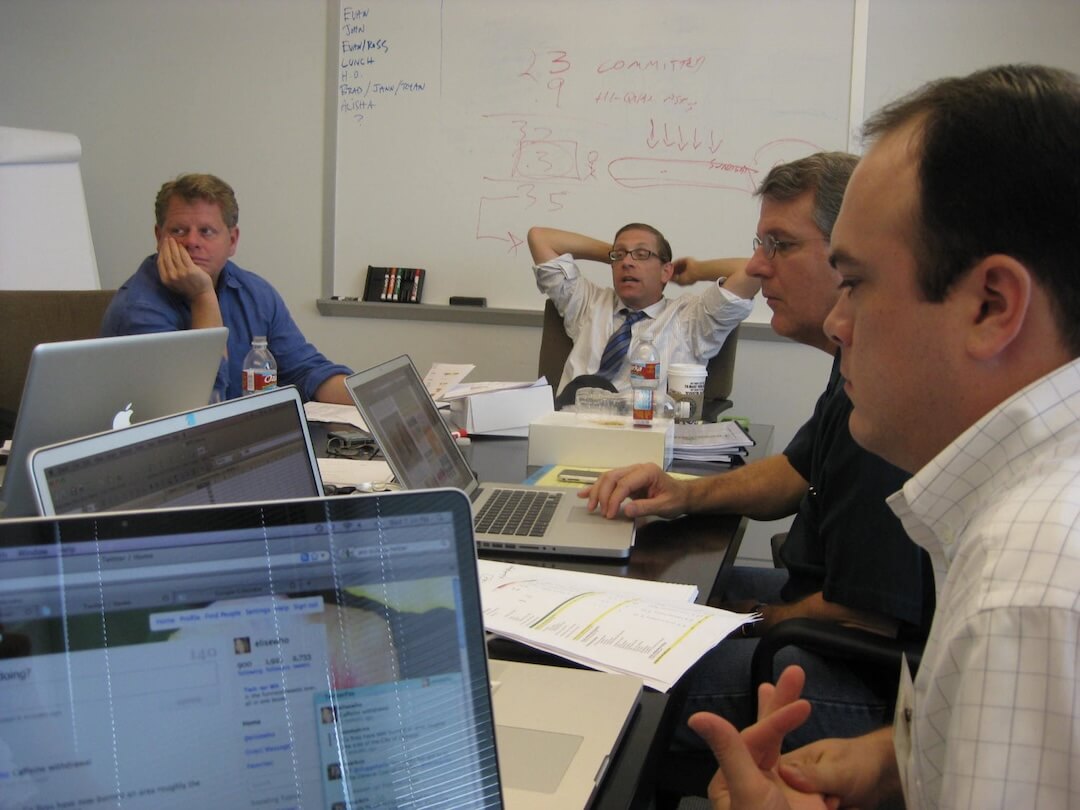This story was originally published in 2015 and has been updated.
It's almost April Fools' Day again, which means we'll likely stay busy here covering two kinds of stories: News sites that were tricked by tricky tricksters and news sites that did the tricking.
Here are four quick tips on how to navigate the day.
1. Slow down.
Slow down. Slow down. Slow down. Slow down. People are out to mess with you, perhaps more than on other days. Here are some of Craig Silverman's tips on debunking.
2. Do not trust college publications.
Don't do it. This is their day.
3. Maybe don't participate.
Pulling jokes on readers can backfire. Do not mess with your readers. Vincent Duffy wrote for the Radio Television Digital News Association about the perils the day provides for journalists.
Lots of fellow journalists pointed out that our most important commodity is our credibility, especially in an age when too many media outlets report first and fact-check later, and some political organizations and activists purposefully spread misinformation through social media. If we want to be trusted, we shouldn’t be in the game of fooling people.
OK sometimes it works, particularly if it's from The Guardian. And NPR found a way to be both funny and make a pretty good point when it posted a story on Facebook with the headline "Why Doesn't America Read Anymore?"
We sometimes get the sense that some people are commenting on NPR stories that they haven't actually read. If you are reading this, please like this post and do not comment on it. Then let's see what people have to say about this "story."
Lots of people left comments.
As an alternative to messing with your readers, consider messing with your coworkers. Newsroom pranks are not limited to April 1.
4. It's 2018.
Does anyone have time for this? Also, Poynter's International Fact-Checking Network asks, in an era of fake news, is it even funny anymore?
P.S. It's April Fools', according to the Associated Press Stylebook, not April Fools or April Fool's.







